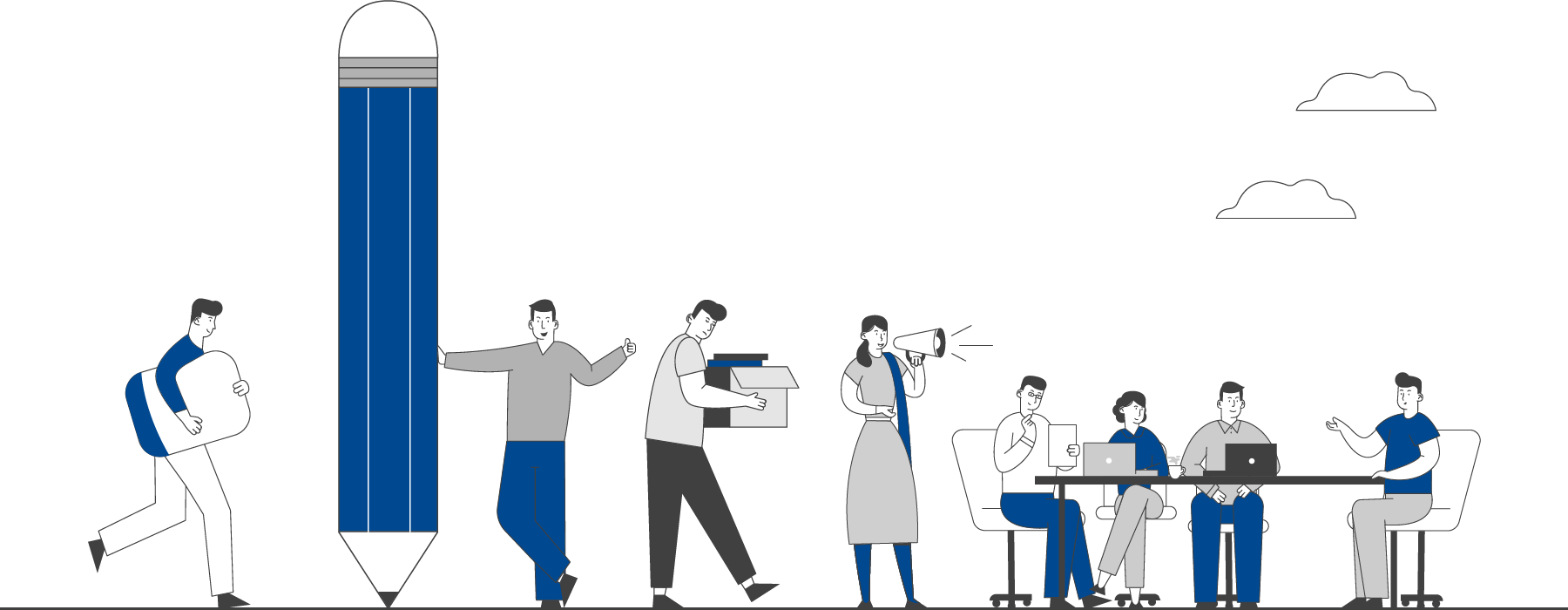

This section hosts guidelines, manuals and toolkits to strengthen public health practice.
Resources
FILTER
BY CATEGORY
View All
Asia and the Pacific SDG Progress Report 2022 reveals three alarming trends
28 Mar 2022by Armida Salsiah Alisjahbana 20 MIN READ
This year’s edition of the Asia and the Pacific SDG
Progress Report published by ESCAP reveals three alarming trends.
First, the region is losing ground in its 2030 ambitions. In
addition to our slowed progress, human-made crises and natural disasters have
also hampered our ability to achieve the Goals. We are seeing the gaps grow
wider with each passing year: at its current pace, Asia and the Pacific is now
only expected to achieve the 17 Sustainable Development Goals by 2065 –
three-and-a-half decades behind the original goalpost. The region must seize
every opportunity to arrest this downward trend and accelerate progress.
Second, while headway on some of the Goals has been made in
scattered pockets around the region, we are moving in a reverse direction for
some of them at a disturbing rate. Although the climate crisis has become more
acute, there has been regression on responsible consumption and production (Goal
12) and climate action (Goal 13). And the news is marginally better for targets
dealing with industry, innovation, and infrastructure (Goal 9) and affordable
and clean energy (Goal 7) as they fall short of the pace required to meet the
2030 Agenda.
Lastly, the need to reach those who are furthest behind has
never been greater. The region is experiencing widening disparities and
increased vulnerabilities. The most vulnerable and disadvantaged groups —
including women, children, people with disabilities, migrants and refugees,
rural populations and poorer households — are the victims of our unsustainable
and non-inclusive development trends.
To accelerate progress, the region must make significant
strides towards equality through investments that improve the lives of the
poorest and most marginalized people to ensure that no one is left behind. The
most urgent needs include enhancing quality and equity in education, closing
all types of gender gaps, ending violence against women and girls, effectively managing
scarce water resources and ensuring everyone has access to safely managed
drinking water services.
Everyone must have access to decent employment opportunities so that growth will be sustainable. It is equally important to reduce urban pollution, increase resilience against natural disasters, protect life below water and enhance sustainable fisheries practices. Furthermore, each country has a role in achieving their nationally determined contributions to reduce emissions and adapt to the impacts of climate change, helping to put the region on track to limit global warming and preserve the planet's finite resources.
Who should read Asia and the Pacific SDG Progress Report?
• Stakeholders involved in policy dialogues on the implementation of the 2030 Agenda for Sustainable Development. They include government officials and representatives of intergovernmental groups, civil society, non-governmental organizations, the media, academia, and businesses.
• Regional analysts who would like to identify priority
issues that require further study.
• National experts who develop methodologies for measuring national progress towards achieving the Sustainable Development Goals (SDGs).
Original article published here.
Download and read Asia and the Pacific SDG Progress Report, 2022 below.
Picture credit: Piramal Swasthya
Related File :
5344696851.pdf

 EXPLORE DATA
EXPLORE DATA 



























